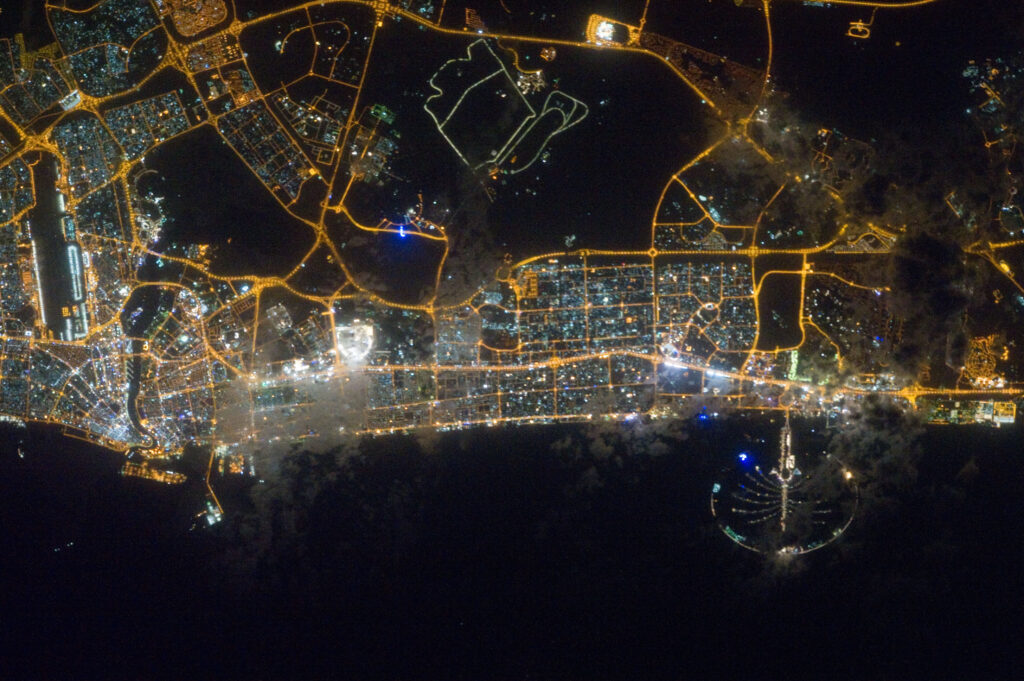Noor Mehvish never expected to find herself listed as an auction item on the virtual marketplace Sulli Deals, an app that advertises Muslim women in India as prostitutes. The goal: to publicly shame and intimidate women like Mehvish who voice their dissent against the Modi government.
The development of the Sulli Deals app occurred during a period of rising violence against Muslims in India, with religious-based hate crimes having increased by 30% and Muslims being the primary target in more than 78% of these attacks.
Mehvish’s experience, although startling, is not uncommon. She was only one of 83 women displayed on the website.
Mehvish serves as a stark reminder of the deep-seated discrimination and violence that the Muslim community in India is forced to face, especially when discussing contentious issues like the CAA.
Passed in December 2019, the Citizenship Amendment Act provides a pathway to Indian citizenship for illegal immigrants from six specified minority communities. Namely, Hindus, Sikhs, Jains, Buddhists, Parsis and Christians, who entered from neighboring countries prior to 2014.
While individuals labeled as illegal by the National Register of Citizens, who identify as one of the six aforementioned minorities, are granted protections and a pathway to regain Indian citizenship under this law, Muslims are not afforded the same opportunity.
The widely criticized Citizenship Amendment Act was operationalized on Mar 11 of this year following an announcement by the Minister of Home Affairs Amit Shah, regarding the launch of the citizenship application and introduction of new rules.
Experts agree that the law is discriminatory and ill-willed. Testifying at a hearing convened by the U.S. Commission on International Religious Freedom (USCIRF) Ashutosh Varshney, an expert on ethnic and religious conflict, explained the harmful effects of the CAA.
“If India’s controversial Citizenship Amendment Act (CAA) and the National Register of Citizens (NRC) is implemented, it would render a large number of Indian Muslims stateless,” Varshney said. “This makes the minority community [Muslims] highly vulnerable to oppression and discrimination in the future.”
In the wake of the amendment’s adoption, large-scale protests erupted across the cultural capital of Kolkata, India, as countless individuals flooded the streets to express their opposition.
“As a Muslim, I realize that we don’t have the option of being non-political [in India],” Mehvish said. “We live in a constant state of fear for ourselves and our families so there is no choice. ”
Noor Mehvish, serving as a beacon of courage and conviction, played a pivotal role in orchestrating demonstrations in the Muslim ghettos of Park Circus and Mataib. For 65 consecutive evenings, she and her 60-year-old mother protested, alongside thousands of others, in the biting cold of Kolkata’s winter.
“We have never seen any moment like this across India, where women are actively participating and involving themselves,” says Mehvish.
The memory still lingers, tugging at Noor Mehvish’s heartstrings. Hundreds of women, who had never before left the confines of their homes, took to the streets of Kolkata. Driven by years of mounting frustration and pervasive fear, they held hands and chanted political slogans until their throats were sore.
“It was a very historical moment,” said Mohammad Reyaz, head of Journalism and Mass Communication at Aliah University. “This was the first time after the Independence movement that Muslims, in particular, were mobilizing nationwide and rising to such a massive level for civic rights”.
Noor Mehvish, though she had never anticipated the integral role she would come to play in the movement, was no stranger to advocacy, having been born into a family of revered freedom fighters in India.
“My grandmother was very involved in the Independence Movement, ” Mehvish said. “She lost her brother, sister-in-law and their three kids then. My family has already seen and made a lot of sacrifices for civic rights in India and we continue to. ”
Noor grew up with her grandmother telling her stories about the challenges the Muslim community faced during the movement and the fear and trauma they had to endure. As she grew older, Noor came to realize that these stories were not just relics of a bygone era, but still a reality for many, including herself.
Because of her activism, Mehvish is facing criminal charges from the Indian government. She has been accused of breaching the UAPA, or Unlawful Activities Prevention Act, a law that is often utilized as a means to suppress dissenters who criticize the government.
But even before her time in the spotlight, Noor carries with her memories of numerous harrowing experiences, being at the mercy of violent mobs who would question her nationality and denigrate her faith.
“If a person like me, whose family has contributed to the freedom movement and has lost people in [the fight for]partition rights, is facing discrimination, what is the average Muslim facing?” she cried.
The plight of Muslims in India is worsening at an alarming rate. Not only in West Bengal but in states governed by Modi’s Bharatiya Janata Party, by which Muslims are constantly questioned about their Indian identity and belonging.
“Our homes are being destroyed, Muslim students are being imprisoned, individuals [are]being singled out for wearing a hijab. A Muslim man was killed last week for eating beef. While people are being killed and lynched, they scream about secularism and their religious rights” Mehvish says while wiping tears. “But what about our rights?”
The future for Muslims in India is unclear. With Modi’s looming re-election this year, the prospect of what lies ahead remains murky and unsettling. However, despite the challenges ahead, Noor Mehvish remains steadfast in her commitment to protecting her community.
“Since childhood, I always wished to become a doctor. But because of this, I’ve decided to practice law,” explains Mehvish. Amidst uncertainty, Noor Mehvish’s unwavering dedication stands as a beacon of hope for the Muslim community in India and an inspiration for others to follow suit.
The views expressed in opinion pieces do not represent the views of Glimpse from the Globe.







